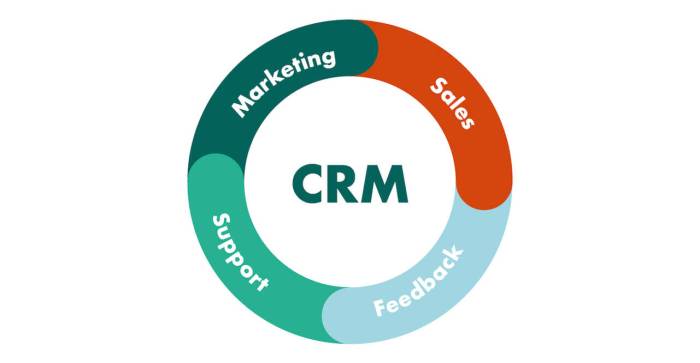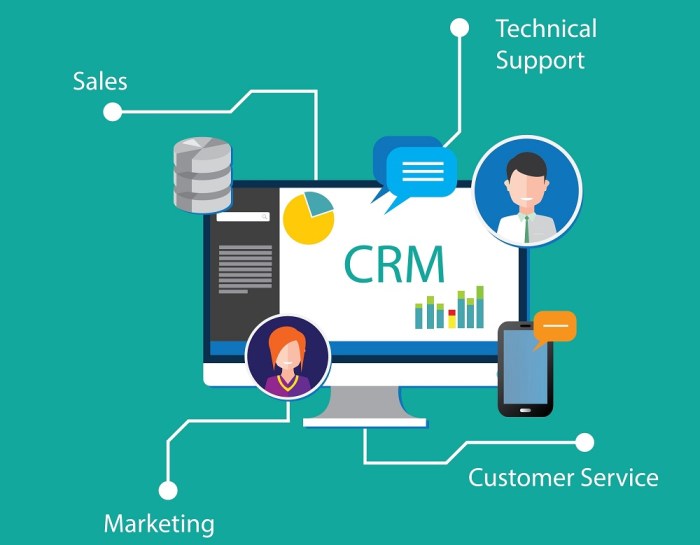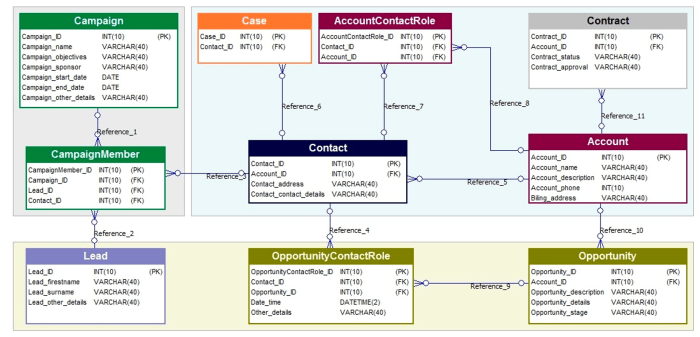A crm software database system provides sport marketers with – With a CRM software database system at the forefront, sport marketers gain an unparalleled advantage in managing customer relationships, optimizing marketing campaigns, and driving business growth. This comprehensive guide explores the essential functions, benefits, and best practices of a CRM database system tailored specifically for the unique challenges and opportunities of the sports industry.
A CRM database system provides sport marketers with a centralized platform to manage customer data, segment audiences, generate and nurture leads, track campaign performance, and build lasting relationships. By leveraging the power of data and automation, sport marketers can streamline their operations, enhance customer engagement, and maximize their marketing ROI.
1. Core Functionality of a CRM Software Database System

A CRM software database system serves as a central hub for managing and leveraging customer data in sport marketing. Its primary functions include:
- Customer data management:Stores and organizes customer information, including contact details, demographics, purchase history, and preferences.
- Lead generation and tracking:Captures and tracks potential customers, allowing marketers to qualify and nurture leads through various channels.
- Campaign management:Plans, executes, and monitors marketing campaigns across multiple channels, providing insights into campaign effectiveness.
- Reporting and analytics:Generates reports and dashboards that provide valuable insights into customer behavior, campaign performance, and overall marketing ROI.
li> Customer relationship management:Fosters ongoing relationships with customers by providing personalized communication, resolving queries, and building loyalty.
These functions streamline marketing processes by centralizing customer data, automating tasks, and providing real-time insights. Sport marketers benefit from improved lead management, targeted campaigns, enhanced customer engagement, and data-driven decision-making.
2. Data Management and Segmentation: A Crm Software Database System Provides Sport Marketers With

A CRM database system empowers sport marketers to effectively manage and segment customer data. Data segmentation involves dividing the customer base into distinct groups based on shared characteristics, such as demographics, interests, or behaviors.
Segmentation enables targeted marketing campaigns that resonate with specific customer segments. For instance, a sports team can segment fans based on their preferred sports, ticket purchasing history, or location to tailor marketing messages and promotions.
Common segmentation strategies used by sport marketers include:
- Demographic segmentation:Dividing customers based on age, gender, income, and location.
- Behavioral segmentation:Grouping customers based on their purchase history, website interactions, or event attendance.
- Psychographic segmentation:Segmenting customers based on their values, interests, and lifestyles.
Effective data segmentation allows sport marketers to personalize marketing messages, improve campaign targeting, and increase customer engagement.
3. Lead Generation and Nurturing

A CRM database system assists sport marketers in generating and nurturing leads. Lead generation involves attracting and capturing potential customers through various channels, such as website forms, social media campaigns, or event registrations.
Lead nurturing involves cultivating relationships with potential customers by providing valuable content, engaging in personalized communication, and tracking their progress through the sales funnel.
CRM systems facilitate lead scoring, which assigns points to leads based on their interactions with marketing materials or website activities. This helps marketers prioritize leads and focus on those with a higher likelihood of converting into paying customers.
Lead nurturing techniques used by sport marketers include:
- Email marketing:Sending targeted emails with valuable content, such as team updates, exclusive offers, or event promotions.
- Content marketing:Creating and sharing high-quality content that educates and informs potential customers about sports-related topics.
- Social media marketing:Engaging with potential customers on social media platforms to build relationships and generate leads.
By effectively generating and nurturing leads, sport marketers can increase conversion rates and build a strong pipeline of potential customers.
FAQs
What are the core functions of a CRM software database system?
A CRM database system provides a centralized platform for managing customer data, segmenting audiences, generating and nurturing leads, tracking campaign performance, and building lasting relationships.
How does a CRM database system benefit sport marketers specifically?
A CRM database system helps sport marketers streamline their operations, enhance customer engagement, and maximize their marketing ROI by providing a centralized platform for managing customer data, segmenting audiences, generating and nurturing leads, tracking campaign performance, and building lasting relationships.
What are some best practices for using a CRM database system in sport marketing?
Best practices for using a CRM database system in sport marketing include defining clear marketing goals, segmenting audiences effectively, personalizing marketing messages, tracking campaign performance, and leveraging data analytics to optimize strategies.